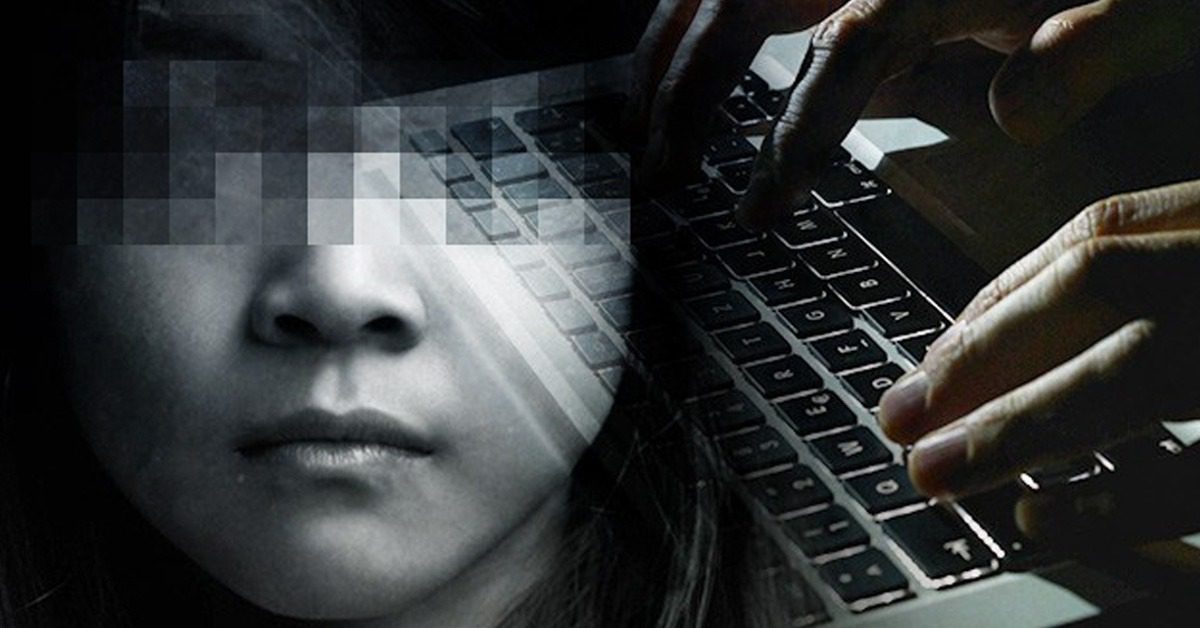Peshawar is a city of contrasts. On the surface, it appears to be a dynamic and varied metropolis renowned for its rich history, culture, and gastronomy. It is the capital of Khyber Pakhtunkhwa, a province bordering Afghanistan and home to millions of refugees. It is also a center for education, trade, and tourism, with tourists from all over the world.
But, behind the scenes, Peshawar is home to a thriving underground network of cybercriminals, hackers, and smugglers who utilize the dark web to carry out their illegal operations. The dark web is a section of the internet that is hidden from conventional browsers and search engines. It can only be accessed with specialized software like as Tor, which anonymizes users and encrypts their traffic. The dark web facilitates a variety of unlawful activities, including drug trafficking, arms selling, child pornography, identity theft, hacking, and terrorism.
Why Peshawar Is a Hub for the Dark Web?
Several reasons have contributed to Peshawar’s status as a dark web hotspot. One of them is its geographic position, which makes it an ideal place for smuggling narcotics, firearms, and other illegal goods across the border. The city has access to many roads that link it to other nations in the area, including Iran, China, and India. Smugglers utilize the dark web to communicate, organize, and trade with their opponents and consumers while avoiding detection by law enforcement.
Another cause is the long-standing political instability in Peshawar. The city has been impacted by the ongoing struggle between the Pakistani government and the Taliban, which has resulted in a security vacuum and lawlessness. The city has experienced regular attacks, bombings, and kidnappings by various terrorist organizations, undermining the authority and capabilities of law enforcement institutions. The militants utilize the dark web to communicate, recruit, and generate money for their cause. They also utilize it to get and distribute propaganda, training manuals, and bomb-making instructions.
A third aspect is the economic challenges that the Peshawar residents confront. Peshawar is one of Pakistan’s poorest and most undeveloped cities, with a high unemployment rate and low literacy levels. The city lacks basic infrastructure, including power, water, and sanitation. The dark web provides a chance for Peshawar residents to make money by engaging in cybercrime activities including as hacking, phishing, and fraud. The dark web also allows people to obtain items and services that are otherwise unavailable or prohibitively expensive in the city, such as narcotics, firearms, and pornography.
The Horrible Reality of Child Pornography in Peshawar
Child pornography is one of the most troubling and common types of criminal activity on the dark web. Child pornography is any visual representation of sexually explicit behavior involving a minor. It is banned in the majority of nations, but the definitions, classifications, fines, and interpretations of legislation differ significantly.
Child pornography is prevalent in Peshawar, where children are frequently exploited, molested, and trafficked for sexual gain. According to a study on child sexual abuse in Rawalpindi and Islamabad, 17% of 300 children claimed to have been molested, and one child was raped, gang-raped, or kidnapped for sexual enjoyment per day in 1997. The situation in Peshawar is expected to worsen due to a lack of data, awareness, and kid protection.
The dark web aids the creation, dissemination, and consumption of child pornography in Peshawar. Child pornographers utilize the dark web to conceal their name and location while avoiding detection and prosecution. They frequently target vulnerable youngsters, including orphans, street children, refugees, and drug users who lack family or social support. They entice them with promises of food, money, or shelter before forcing them to engage in sexual activities in front of cameras. They also utilize violence, intimidation, and narcotics to dominate and manipulate others.
Child pornography distributors utilize the dark web to market and sell their wares to pedophiles and predators all around the world. They utilize encryption, anonymization, and peer-to-peer networks to avoid restriction and surveillance. They also employ cryptocurrencies like Bitcoin to enable anonymous and untraceable transactions.
Consumers of child pornography utilize the dark web to find and download photographs and videos of child sexual abuse. They utilize specialized software, such as Tor, to navigate the dark web while leaving no record of their online activities. They also utilize encryption, passwords, and secret folders to keep their files concealed from outsiders. They frequently communicate their tastes, desires, and experiences with other users via internet forums and chat rooms.
The dark web allows child pornographers to operate with impunity, profiting from the exploitation and misery of innocent children. The dark web also exposes child pornography victims to long-term trauma, shame, and health hazards such as sexually transmitted illnesses, pregnancy, and mental problems.
Need for Action and Awareness
The dark web poses a significant danger to Peshawar’s and Pakistan’s overall security, stability, and growth. The dark web fosters the spread of violence, extremism, and corruption, all of which undermine society and the rule of law. The dark web also exposes users to a variety of threats, including viruses, frauds, and blackmail, which can jeopardize their privacy and security.
The dark web is a harsh reality that cannot be overlooked or accepted. It is a task that necessitates a collaborative and coordinated effort from all parties. It is a responsibility that we have to ourselves and future generations.

